On the Nature of The Tethered Soul
Thursday, July 05, 2007 → by DanieruI reach into the shadows behind the screen and retrieve a small, semi-transparent plastic bucket. I dip into the bucket and fish out a human brain. I have no idea to whom the brain belonged. I can't tell if it's male or female, black or white, or, with and reliability, its age. I may even have passed this person on the street. In its natural state, encased within the skull, brain matter is gelatinous. This brain, fixed in formalin, has a solid, rubbery feel and would carve like a very tender tuna steak......When the Apollo astronauts went to the moon and brought back pictures of our planet of oceans and clouds hanging over a grey moonscape in the middle of a black nowhere, it changed the way we saw ourselves. We knew already that we inhabited the surface of a small, spinning sphere that rolled around an ordinary star, at the edge of an unremarkable galaxy, just one of indeterminate billions in a vast, indifferent cosmos. But now, occupying a few degrees of retinal space, comfortably absorbed in the folds of the visual cortex, a mere portion of the visual field, we saw our home in its true colours. It was precious and vulnerable, a small fragile object, a thing we should take care of. It was, indeed, our home. We might have extrapolated these sentiments from the knowledge we already possessed, but the images set off an interplay of intellect and imagination that made the new perspective irresistible.
Something similar happens when you see the brain. Imagination infiltrates intellect. You get a sense of location and venerability. Our home...
...Like the surface of the Earth, the brain is pretty much mapped. There are no secret compartments inaccessible to the surgeon's knife or the magnetic gaze of the brain scanner; no mysterious humours pervading the cerebral ventricles, no soul in the pineal gland, no vital spark, no spirits in the tangled wood. There is nothing you can't touch or squeeze, weigh and measure, as we might the physical properties of other objects. So you will search in vain for any semblance of a self within the structures of the brain: there is no ghost in the machine. It is time to grow up and accept this fact. But, somehow, we are the product of the operation of this machinery and its progress through the physical and social world.
Minds emerge from process and interaction, no substance. In a sense, we inhabit the spaces between things. We subsist in emptiness. A beautiful, liberating, thought and nothing to be afraid of. The notion of a tethered soul is crude by comparison.Extract from Into the Silent Land by Paul Broks
Categories: Science, Consciousness, Quotes, Books, Links, Psychology, Philosophy, Reality, Human, Perception, Ideas, On the Nature of
Labels: On the Nature of

 Links
Links
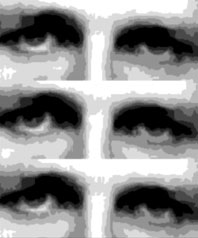
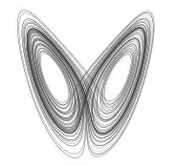
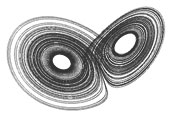
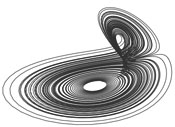
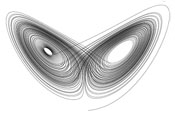
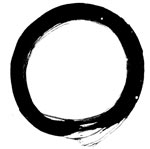
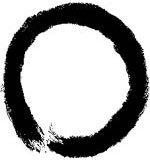
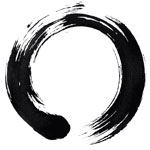



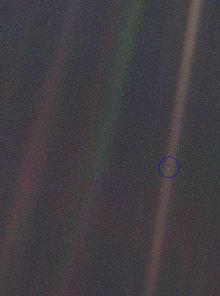

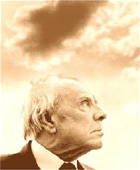
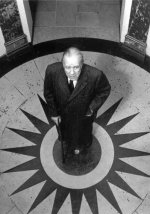
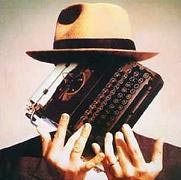
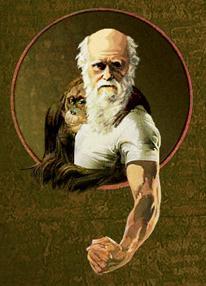
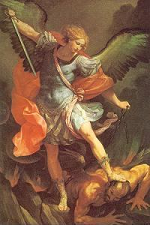
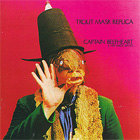
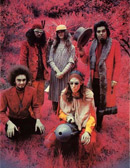
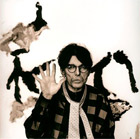
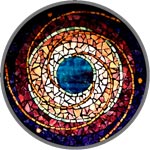
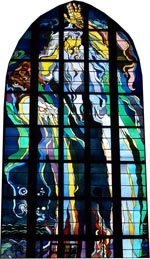
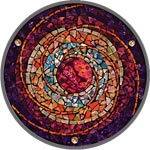
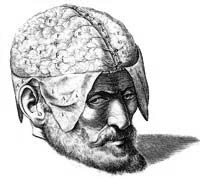




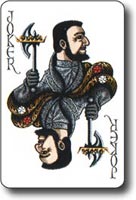
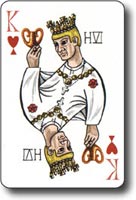

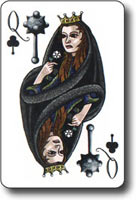


 Subscribe via RSS!
Subscribe via RSS!










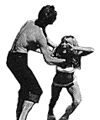


 Via Email
Via Email

